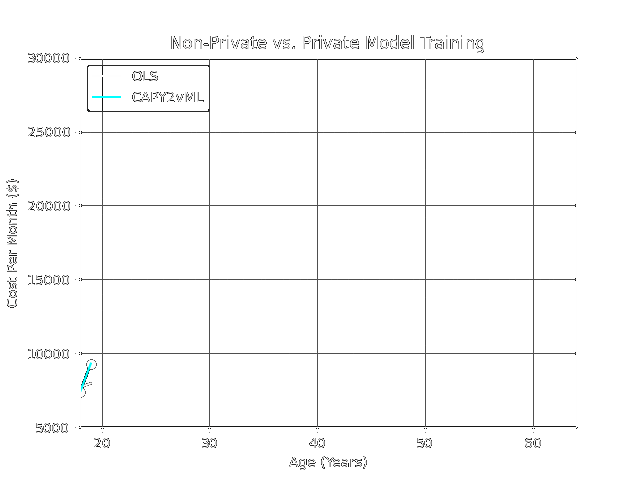
A project combining differentially-private machine learning with quantum-secure,
non-interactive cryptographic proofs of computation.
Leveraging the RISC-Zero zkVM, this system ensures training integrity in MLaaS (Machine Learning as
a Service) settings while maintaining privacy.
This approach processes datasets, trains models, and generates zero-knowledge receipts to verify
computation honesty without revealing sensitive data.
Supports both CPU and GPU (CUDA) environments for scalable and high-performance execution.
Watch the video walkthrough

Develops a fully autonomous self-driving agent capable of navigating a simulated environment by
utilizing cutting-edge advancements in computer vision and sophisticated dataset generation
techniques. Demonstrates impressive accuracy even with a relatively modest dataset, maintaining
reliable performance with only occasional errors. Highlights the exceptional potential of
streamlined and elegant neural network architectures to effectively capture and model intricate
patterns within the training data.
(This is an accepted solution to a graduate school assignment created by Dr. Philipp Krähenbühl of
the University of Texas at Austin.
Out of respect for Dr. Krähenbühl and his future students, a link to this solution is ommitted.)
This project explores the creation of differentially-private machine learning models for detecting
domain generation algorithms (DGA). By leveraging TensorFlow-Privacy and Keras, the work ensures
that trained models reveal no information about their training data, satisfying strict privacy
constraints.
Experimental results across CNN, MLP, and LSTM architectures demonstrate the trade-off between
privacy
and model utility, with accuracy improving under optimized conditions. Future work aims to enhance
performance
via vectorized approaches to differential privacy for efficient use of parallel hardware.

